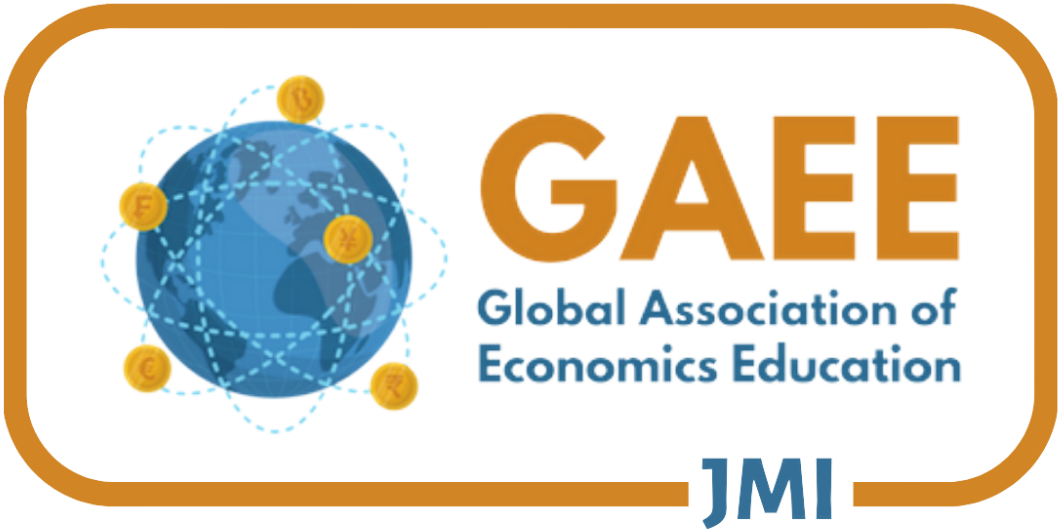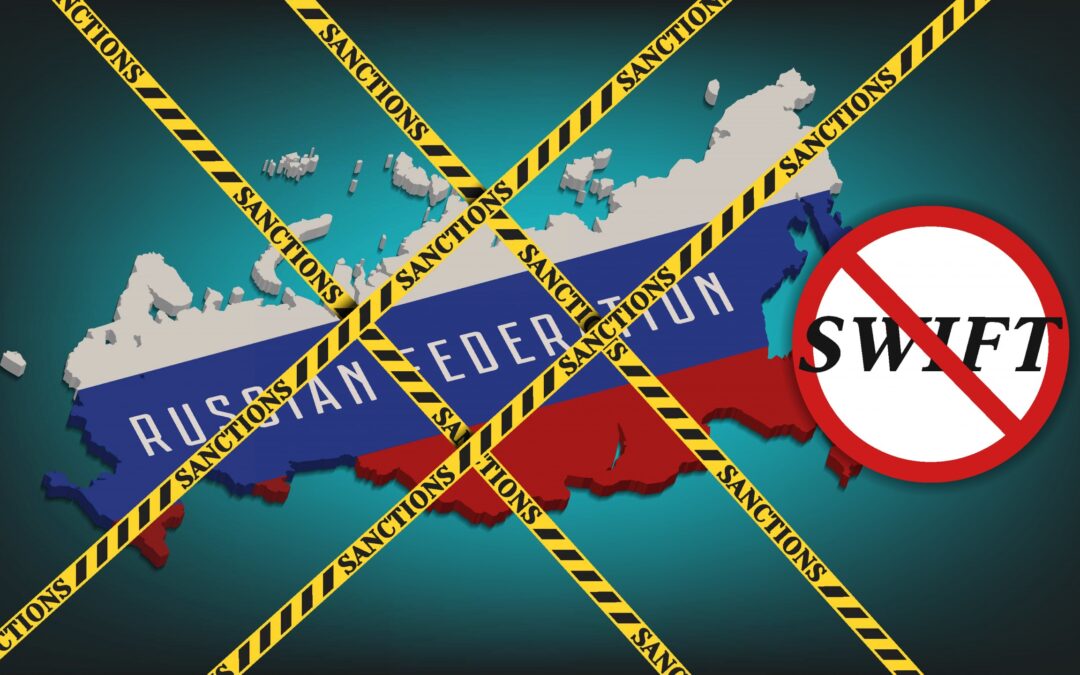Article by Ramsha Anwar from Finance Wing, GAEE JMI
On February 24, 2022, Vladimir Putin launched an armed attack on Ukraine and set the scene for Europe’s potentially second-largest conflict after World War II. Since then, the global markets have been suffering uncertainty.
Banking
The banking sector in Russia is particularly facing attacks from many fronts, such as:
- the exit of Visa, Mastercard, PayPal, and American Express
- exclusion of multiple, unnamed Russian banks from SWIFT
- freezing of $300 billion out of Russia’s $640 billion reserves due to economic sanctions imposed by nations like the US, the EU, Canada, and Japan.
Several Russian banks have announced plans to start issuing cards using the Chinese UnionPay card operator system. However, the Western sanctions are bound to hurt Moscow’s finances which are already at risk of defaulting on its loans. Fitch Ratings has downgraded Russia’s credit to junk (“C” status), warning investors.
Since the list of excluded banks remains unknown, general dealings with Russian banks have slumped. Consequently, commodities, especially oil and gas, prices have soared. Russians are already withdrawing dollars in a hurry while limits to the same have also been set up.
For the remaining world, the anticipated ripple effect in the short term seems to be trading volatility and high inflation persistence, in the long term.
Stock Market
On February 24, 2022, Russian stocks fell by more than 33% in Moscow. By the next day, only minimal losses could be reclaimed. Subsequently, the Moscow Stock Exchange halted for nearly a month, which was the nation’s most extended closure after Russia’s biggest bank, Sberbank, dropped to just a penny in London trades.
In addition, major exchanges, including the London Stock Exchange, Deutsche Boerse, the Nasdaq, and New York Stock Exchange, have suspended trading of Russian stocks.
Geopolitical tensions tend to affect the global investors’ risk tolerance, often initiating an asset-selling pressure. Hence, a major geopolitical event in one region sends shockwaves to economies worldwide.
For India, the consequences have been heavy. SENSEX and NIFTY, India’s two most prominent indexes, have plummeted by 1%, putting the stock market in the red.
India will indirectly bear the brunt of escalating crude prices, and hence commodity prices because it imports less than 1% of its crude oil from Russia. Either way, many countries will possibly face the plight of recession, expensive fuel, high debt loads, and rising interest rates.
The Weakening Ruble
Russia’s central bank banned the citizens from buying hard currencies. Moreover, it ordered the banks to cap withdrawals from foreign currency accounts at $10,000 for the next six months. As a cumulative result, the ruble sunk to a record low with 1 US dollar capable of buying 117 rubles in Moscow.
During the 2008 global financial crisis, 1 US Dollar bought only 25 rubles. At the time, President Putin was pushing the Russian currency as an alternative to the US dollar. He claimed Russia as one of the world’s five greatest economies.
Notwithstanding Putin’s assertion, Sergey Aleksashenko, a former Russian finance ministry and central bank official, says that ‘apparently, the outflow of foreign currency deposits from Russian banks has exceeded the Bank of Russia’s forecasts and put under question the banks’ ability to meet their obligations.
In addition, the central bank doubled interest rates to 20% and temporarily barred Russian brokers from selling securities held by foreigners. This is exerting further pressure on the deteriorating ruble.
The situation seems to worsen as Russia is coming close to defaulting under the swelling slew of sanctions.
Implications on trade
Ian Shepherdson, the chief economist at Pantheon Macroeconomics, has said that ‘consumer sentiment everywhere will weaken further . . . that has to mean slower economic growth than would otherwise have been expected in Europe, the US and most emerging markets.’ That is, slower growth is inevitable.
Geopolitical tensions in strategic locations often disrupt supply systems and cross-border trade. This leads to hoarding of commodities followed by an increase in their prices. Therefore, inflation rates may be impacted, in turn influencing national currency rates.
The most notable aftermath of sanctions will indeed be on crude oil supplies. Their prices are expected to be above 100$ per barrel – the highest in seven years. This could lead to a drop in demand and economies witnessing a recession.
In fact, the indirect implications of the war on Russian trade elicit graver concern for the global economy. They include decreased confidence in investment and constriction in the money flow with people tending to save more.
‘We have seen historically that with a crisis like this, the worst possible impact would be the drive-in commodity prices, which for India will be on the adverse side as it could take inflation higher’, Aishvarya Dadheech, a fund manager at Ambit Asset Management in Mumbai, said.
As a consequence, the inevitable rise in inflation will affect the following:
- workers who could experience real wages decline,
- consumers who could see prices rocket, and
- shareholders whose potential dividends could shrink when companies absorb price rises and profit margins.
Nonetheless, we hope that this war does not leave the global economy scrambling to meet even the most basic needs. With the prospect of a post-Pandemic economic boost dwindling, the best we can do now is mitigate the damage.
Article Summary: This article attempts to dissect various segments of the financial sector hit by the recent Russia-Ukraine conflict. It explains the direct and indirect implications of the war on the Russian banking sector, stock market, currency, and trade. Furthermore, it discusses the adverse effects of this geopolitical tension on the global economy.
Ramsha Anwar is a B.Tech student at Jamia Millia Islamia, Delhi, and a member of GAEE JMI, an autonomous branch of the Global Association of Economics Education in India. The views expressed are personal and do nor reflect the opinions or views of GAEE or its members.
Follow Us & Stay Tuned: https://linktr.ee/gaee.jmi


Recent Comments